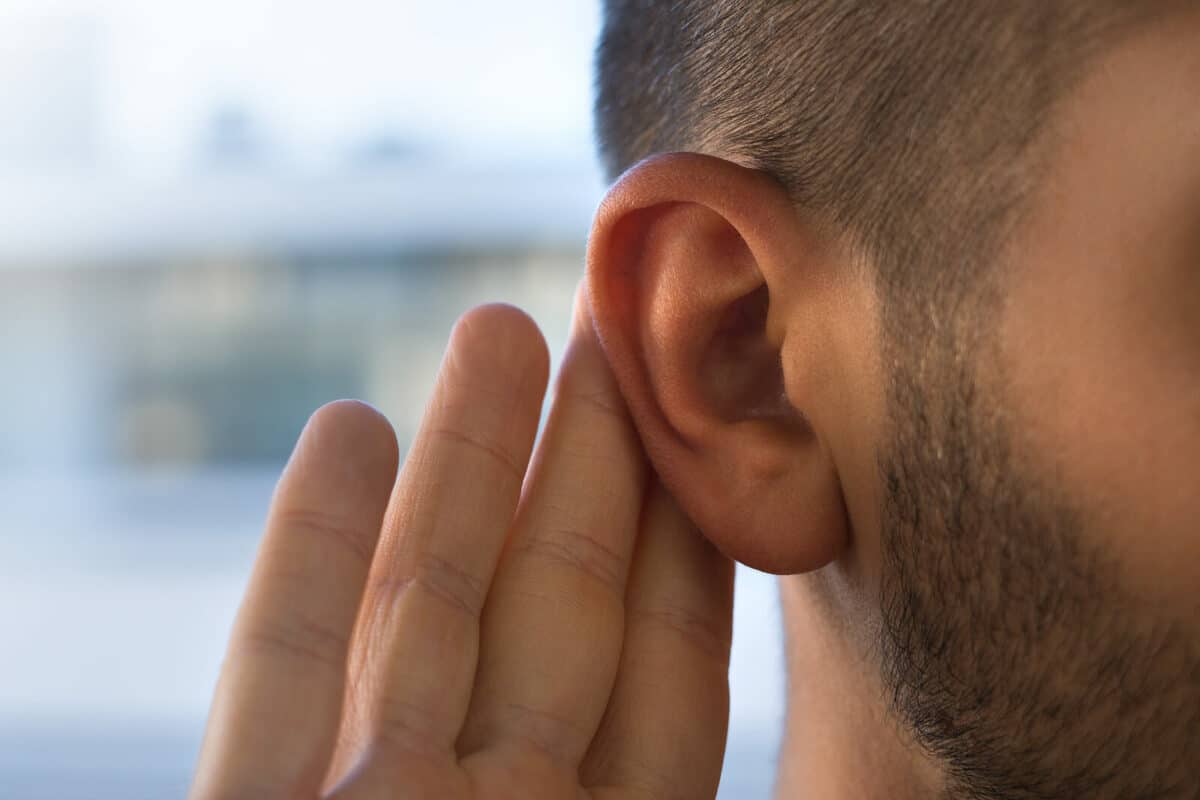- Volunteering for Hearing Health Causes - May 27, 2025
- Questions to Ask During Your Hearing Health Appointment - May 16, 2025
- Exploring Alternative Therapies for Hearing Loss - May 6, 2025
Earwax is a substance that the body produces naturally. You are likely well acquainted with earwax but did you know that using a cotton swab isn’t the best way to remove it? Though using cotton swabs to remove earwax is extremely common, this method can actually be hazardous for ear health. Learning more about earwax and how to best clean the ears is useful for maintaining ear hygiene and health.
What is Earwax?
Earwax, also referred to as cerumen, derives its name from its texture but it actually isn’t a wax at all. This sticky substance is produced in the ears and you may be surprised to learn that it services an important purpose. Earwax is a mixture of a few substances like secretions from glands in the ear, dead skin cells, dirt, hair etc. There are two glands in the ear that contribute to earwax: the ceruminous and sebaceous glands which emit sweat and oils. This combined with dead skin cells (the ears are always regenerating skin) and other types of dirt and debris that can accumulate in the ears make what we know as earwax.
Earwax is part of the ear’s ecosystem. Earwax is part of how the ears stay healthy by:
- Moisturizing the ears, preventing them from becoming dry. Earwax provides a protective coat that prevents itchiness and irritation which increase the risk of infection.
- Trapping bacteria and dirt, preventing ear infections. Earwax collects these harmful agents and stops them from reaching the inner ear.
Earwax contains antibacterial properties that help protect the ears. Earwax has a natural way of exiting the ears. Jaw movements from earring and talking help earwax move and naturally fall out of the ears. But this doesn’t always happen, causing ear wax to accumulate in the ear canal. Earwax can become immobile, meaning it doesn’t reach the opening of the ear in order to flake off. This can cause hearing challenges, ear infections, and may need to be professionally removed by a healthcare provider.
What is impacted by earwax?
Built up earwax in the ears is known as impacted earwax which may be more common than you think. The American Academy of Otolaryngology estimates that 12 million people seek medical care for impacted earwax and over 8 million removal procedures are performed annually. There are several factors that can cause earwax to accumulate in the ears. This includes:
- Making excess earwax (having more hair in the ear canal can contribute to this)
- Ear infections and inner ear disorders
- Bone growths in the ear canal
- Autoimmune disorders
These factors can either contribute to more earwax being made or create physical obstructions that prevent earwax from exiting the ears. Impacted earwax can produce various symptoms including ear pain, discharge, tinnitus (ringing noise in the ears), feeling pressure or fullness in the ears, irritation etc. If earwax accumulates in the ear and is not removed, symptoms can worsen and contribute to hearing loss. If you experience impacted earwax, it is important to have your ears inspected by a healthcare professional. They are able to use specific instruments designed to carefully and effectively clean the ears.
Tips for Maintaining Ear Health
There are strategies you can practice to maintain ear health. Though earwax usually finds its way out of the ears, you may need to remove earwax if you experience buildup. There are safe and simple ways you can do this so that you avoid using cotton swabs and potentially causing harm. A few tips you can integrate include:
- Using a soft wash cloth to clean your ears
- Use a saline solution to flush out earwax. This helps soften ear wax if it becomes hardened and immobile.
- If you wear hearing aids or use earplugs (or earbuds), be sure to regularly clean these items before inserting them into your ears. Moisture, dirt, and earwax can cling onto these items so you want to make sure you effectively clean them daily.
These strategies can help keep your ears clean and prevent earwax from accumulating in your ear canal. If you experience impacted earwax, schedule an appointment to be evaluated by a healthcare specialist.
Contact us today to learn more about earwax and how you can effectively practice ear hygiene.

